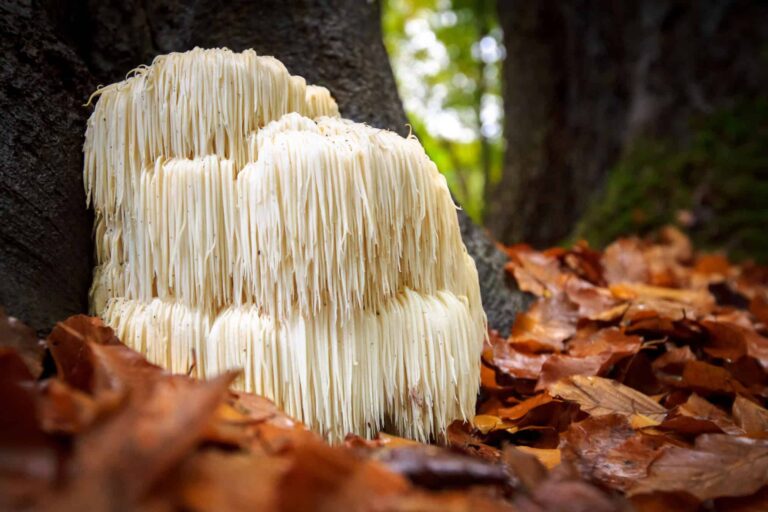
The Renaissance of Psychedelic Science
We find ourselves in the midst of a psychedelic renaissance, a period where the stigma surrounding these mystical compounds is giving way to a new era of scientific exploration and understanding. Researchers, armed with curiosity and an eagerness to explore the uncharted territories of the mind, are pushing the boundaries of conventional science.
Psychedelic-Assisted Therapy: Healing the Mind, One Trip at a Time
At the forefront of these groundbreaking discoveries is the resurgence of psychedelic-assisted therapy. Studies exploring the therapeutic potential of substances like psilocybin (found in magic mushrooms) and MDMA are generating waves of excitement in the scientific community. From treating PTSD and depression to helping individuals confront existential anxiety, these substances are proving to be powerful tools for mental health.
Researchers are carefully guiding participants through controlled psychedelic experiences, providing a unique opportunity for introspection and emotional processing. The results? Remarkable reductions in symptoms and, in some cases, profound, transformative experiences that reshape individuals’ perspectives on life and consciousness.
Neural Pathways and Altered States of Consciousness
Advancements in neuroscience are allowing researchers to peer into the brain’s intricate dance with psychedelics. Functional magnetic resonance imaging (fMRI) and electroencephalogram (EEG) studies are uncovering the neural pathways involved in altered states of consciousness induced by psychedelics. The brain, it seems, is a symphony of activity under the influence of these substances, with heightened connectivity and novel patterns of neural communication.
Understanding the neural underpinnings of psychedelic experiences opens doors to therapeutic innovation, helping researchers tailor interventions for specific mental health conditions and cognitive enhancement.
Micro-Dosing: The Subtle Revolution
In the realm of self-discovery and cognitive enhancement, micro-dosing has emerged as a subtle yet impactful trend. Enthusiasts are experimenting with minuscule doses of psychedelics, reporting increased creativity, focus, and emotional well-being. Researchers are investigating these anecdotal claims, aiming to separate fact from fiction and understand the potential benefits and risks of micro-dosing.
The Psychedelic Renaissance in Psychiatry
The reevaluation of psychedelics isn’t limited to therapeutic interventions alone. Psychiatry, as a field, is undergoing a paradigm shift. The integration of psychedelic experiences into mainstream mental health practices is challenging traditional models and fostering a more holistic approach to well-being.
The Future of Psychedelic Research
As we navigate the uncharted waters of psychedelic research, it’s clear that we’re on the cusp of transformative change. The integration of psychedelics into mainstream medicine, coupled with a deeper understanding of their neurobiological effects, holds promise for a mental health revolution.
But with great promise comes great responsibility. Ethical considerations, risk assessments, and the need for comprehensive education underscore the importance of approaching psychedelic research with care and diligence. As we tiptoe on the edge of discovery, one thing is certain – the future of psychedelic research is both thrilling and filled with untold possibilities.
COPYRIGHT © 2023 · MADE WITH LOVE IN COLORADO. ALL RIGHTS RESERVED.